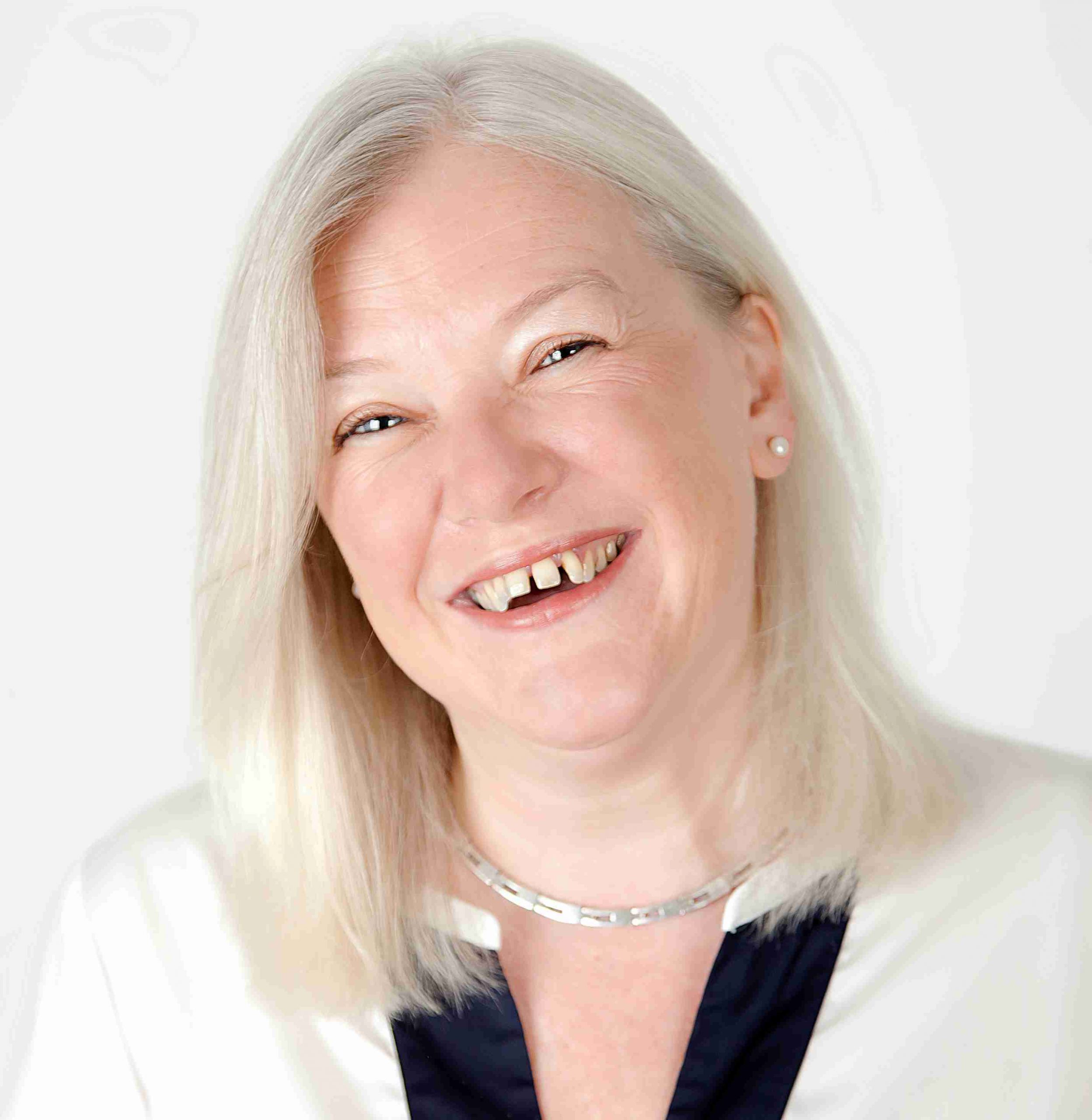
I wholly condemn any form of racism. On the other hand, I try to stay away from politics of any kind in my professional capacity. It took Ayanna Castro’s brilliant ‘Work Your Package Wednesday’ broadcast on Wednesday night to remind me that recent events in America are not about political sway but about humanitarianism. As the publisher of a publication specialising in learning and development, I have a responsibility to raise difficult questions and educate. By remaining silent I become complicit.
And that is at the heart of the solution to prejudice and racism for me: education.
These days, here in the UK, children are educated in black history. They celebrate Black History Month and a large part of the history curriculum covers the subject, albeit from a ‘look at how far we have come’ rather than a ‘we still have a long way to go’ point of view.
My generation never learned anything.
As a white middle-class woman of a certain age, I have been painfully aware of the gaps in my education around black history, particularly since I started working more in America and in South Africa. Back in the ’80s, I marched in London to free Mandela and wrote letters via Amnesty International but with a youthful sense of injustice rather than understanding the real historical backdrop.
These days I am blessed to be able to travel extensively with work and make a point of trying to educate myself by immersing myself in the local culture of those I visit and by spending proper time outside of the training to really talk to and get to know my delegates. I try to add at least one day to my schedule so I am able to take time out to visit places of historical significance: The Martin Luther King Historical Park in Atlanta, the Whitney and Oak Alley Plantations in New Orleans, and the Apartheid Museum and Hector Pieterson memorial in Johannesburg. But it is a drop in the ocean. Now more than ever I feel that I have a responsibility to educate myself. We all do. The excuse that we ‘didn’t understand’ is no longer acceptable.
I vividly remember an interview on a talk show, back in the ’90s, where the Head of the one of the UK’s largest corporations was asked if he felt that that the corporation was institutionally racist because it employed mainly white staff. The gentleman answered that he felt it was more racist to employ someone who was not the best and most skilled person or the job based on colour. He only employed the best of the best.
Therein lies the problem. The deeper question would have been for the business to look at why there were not more black people skilled at that level. What were the underlying barriers and attitudes that meant they were not given the same opportunities to learn the skills necessary to become someone deemed to be ‘the best of the best’?
When I was invited to help set up the Isipho Admin bursary five years ago it came very much from that place. Anel Martin and Teri Wells were tired of seeing young black women, bursting with potential but limited by lack of education; those who couldn’t look into the eyes of another because they were so lacking in confidence; those whose souls shone with desire to learn and become ‘the best of the best’ who were never seen or given the opportunity.
The tribes of northern Natal in South Africa have a word for ‘hello’ – ‘sawabona’ and it literally means “I SEE YOU” as to say, “I respect and acknowledge you for who you are”. In return people say “SIKBONA” which literally means “I AM HERE” as to say “When you see me you bring me into existence”.
We see you. We stand with you. I promise we will work harder to ensure that ALL Assistants have the opportunity to become ‘the best of the best’. We have plans. Watch this space.










